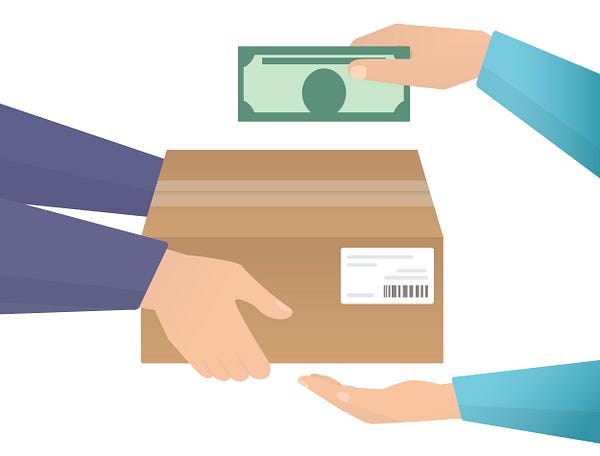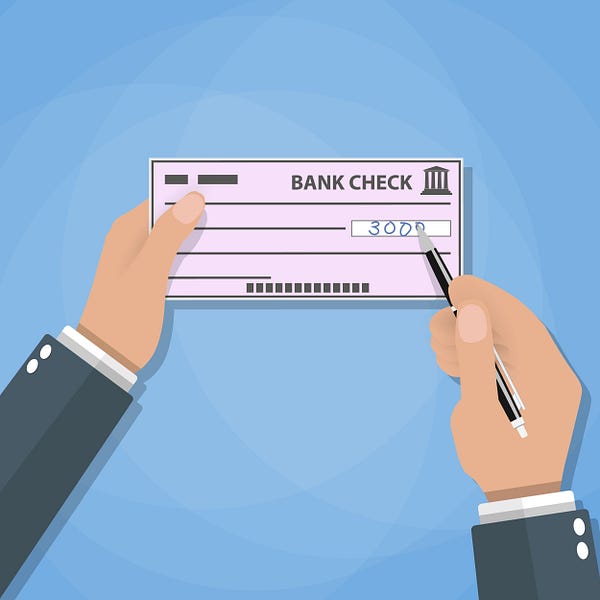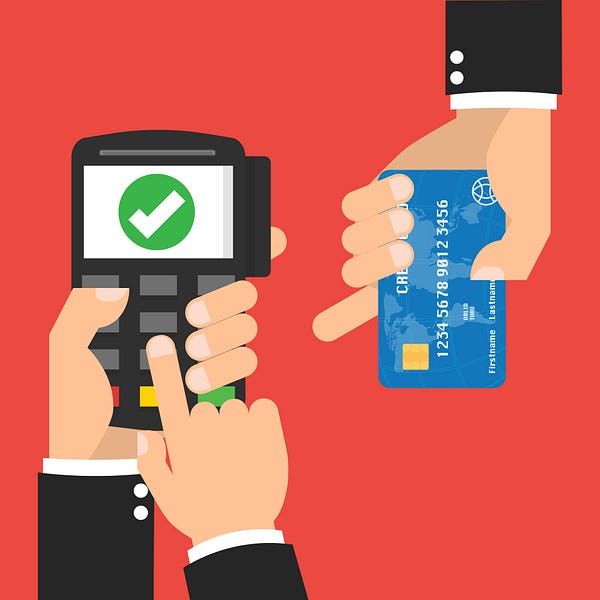RUBIUS - The Importance of Trustless Technology
About Rubius



Rubius Inc. is developing the Aryl wallet. The Aryl is a smartphone app that will provide instant access to real-time financial information. This will allow lenders, merchants, and private individuals to make real-time financial transactions.

Aryl will offer anybody access to real-time peer-to-peer (P2P) lending, and money transfers. Long-term plans at Rubius include a social media platform for P2P transactions.
Cryptocurrency allows for fast trustless financial transactions. When you pay with cryptocurrency, it uses a novel triple-entry accounting system and cryptographic proofs to verify the transactions.
Rubius Inc. has created their own cryptocurrency named Rubius or RUBY. These coins are ERC20 (Ethereum-based) cryptocurrency tokens accessible via the company’s financial software. Anybody will be able to make trustless transactions in Rubius by using the Aryl payment app or the Rubiex crypto-exchange.
Rubius Inc.’s mission is to make a trustless financial system a reality by developing true trustless technology. Their ultimate goal is a trustless banking system that will be accessible to everybody on Earth.
From purchase, to sale or send, Rubius offers the complete crypto-payment ecosystem.
The end-to-end solution begins with the Rubiex exchange. There, users can purchase and trade cryptocurrency within an intuitive environment. The exchange leverages extremely low fees to offer greater value than its competitors.
Rubius’ next link in the chain offers users a secure tool to send and receive cryptocurrency. The versatile Aryl wallet serves as both decentralized bank and exchange facilitator. The wallet’s user-friendliness allows for confusion free payments between users, and Aryl’s Volatility Shield protects wallet value by converting unstable cryptos into a preferred, steady currency. The Shield’s streamlined conversions allow users to quickly liquidate their holdings from an exchange without excessive fees or long queues typical of other “cashing-out” methods.
RUBY tokens power this innovative ecosystem. Users who transact with the native Rubius currency receive 50% off fees across all platforms.
Proceeds from the ICO will be used to develop the first crypto network to solve the issues of over complexity, exploitative fees, and volatility. Early investors will benefit from adoption at the premier stage of development, when the coin is at its cheapest value. Eventually Rubius will expand to explore further blockchain solutions outside the financial sector, and RUBY tokens will always be at the heart of these ventures, increasing in utility and demand.
- - -
Trustless has become one of the most popular catchphrases in the world of Blockchain — but what does it mean?
The concept behind trustless technology is both simple and powerful. Nobody has to rely upon the honesty of anybody else. Therefore, no background checks, identity verification, waiting periods, credit ratings, or elaborate security measures are necessary.
How Trustless Technology Works
The most widely-used example of trustless technology is paper money or cash. The transaction requires no trust when a person pays with a Euro bill or a Pound note.

Most merchants accept widely used fiat currencies, like the U.S. dollar, at face value. A shopkeeper will take your $20 bill and give you change for it without question. Fiat currency is trustless because it requires no trust by the customer or the retailer.
A check is not trustless because the person who accepts it has to trust that the funds are in the writer’s account. Anybody who accepts a check takes the risk it will bounce.
This is why merchants ask for driver’s licenses when you pay with a check. Somebody requires no identification when she pays with cash because it is trustless.
Checks prove the need for Trustless Technology
A check requires trust from the recipient. When you write a check, you take the risk that the recipient will cash it at an importune moment.

When a check is cashed funds may not be available. My experience is that landlords love to wait until the worst possible moment to cash your rent check.
The rent check is not trustless because each party has to trust the other. The landlord trusts the tenant to have money available. The renter trusts the landlord to cash the check quickly.
Banks charge overdraft fees to encourage people not to bounce checks. Merchants run background checks and investigate identity documents to avoid overdrafts.
The many businesses that refuse to take checks these days prove these measures are ineffective. Merchants need better payments technology that is trustless.
The World Needs True Trustless Technology
Credit and debit cards are a step on the road to true trustless financial transactions.

When a credit or debit card is swiped, a register or ATM checks the card number in a database. The database tells the system if the person has enough credit or cash to cover the charge.
Modern payment cards are partially trustless because they take human judgment out of the transaction. Nobody has to decide whether a customer is trustless because the system makes the determination.
Credit and debit cards’ flaw is that the system behind them is not trustless. Banks and credit card providers still require “trust” in the form of a good credit record.
That requirement bars people with no credit record or “bad credit” from the system. Trust prevents the poor and persons from developing nations from getting credit or debit cards. Risk is increased because the system trusts people with no money.
Blockchain is a True Trustless Technology
Blockchain, apps, and cryptocurrency have the potential to make true trustless technology a reality. Theoretically, Blockchain can create a permanent, tamper-resistant financial record that is highly secure.
Rubius Inc. is developing the Aryl wallet. The Aryl is a smartphone app that will provide instant access to real-time financial information. This will allow lenders, merchants, and private individuals to make real-time financial transactions.

Aryl will offer anybody access to real-time peer-to-peer (P2P) lending, and money transfers. Long-term plans at Rubius include a social media platform for P2P transactions.
Cryptocurrency allows for fast trustless financial transactions. When you pay with cryptocurrency, it uses a novel triple-entry accounting system and cryptographic proofs to verify the transactions.
Rubius Inc. has created their own cryptocurrency named Rubius or RUBY. These coins are ERC20 (Ethereum-based) cryptocurrency tokens accessible via the company’s financial software. Anybody will be able to make trustless transactions in Rubius by using the Aryl payment app or the Rubiex crypto-exchange.
Rubius Inc.’s mission is to make a trustless financial system a reality by developing true trustless technology. Their ultimate goal is a trustless banking system that will be accessible to everybody on Earth.
Token Info
Name : Rubius
Token : RUBY
Platform : Ethereum
Type : ERC20
Total Crowd-sale : 80,000,000
Total Supply : 100,000,000
Price :
Week 1 : 1 ETH = 7000 RUBY
Week 2 : 1 ETH = 6500 RUBY
Week 3 : 1 ETH = 6000 RUBY
Token Allocation
The total supply of RUBY tokens is one hundred million (100,000,000 RUBY), of which 80% will be allocated to ICO. With the remaining portion, they have allocated 5% for the reward program, 10% for their founding team, and 5% will be kept as reserve either for partnership offer or exchange list.
For more information
Name : Rubius
Token : RUBY
Platform : Ethereum
Type : ERC20
Total Crowd-sale : 80,000,000
Total Supply : 100,000,000
Price :
Week 1 : 1 ETH = 7000 RUBY
Week 2 : 1 ETH = 6500 RUBY
Week 3 : 1 ETH = 6000 RUBY
Token Allocation
The total supply of RUBY tokens is one hundred million (100,000,000 RUBY), of which 80% will be allocated to ICO. With the remaining portion, they have allocated 5% for the reward program, 10% for their founding team, and 5% will be kept as reserve either for partnership offer or exchange list.
For more information
Website : https://www.ico.rubi.us/
Whitepaper : https://www.ico.rubi.us/rubius-whitepaper.pdf
ANN Thread : https://bitcointalk.org/index.php?topic=3254617.0
Twitter : https://twitter.com/Rubius_Inc
Telegram : https://t.me/rubiuschat
Medium : https://medium.com/@rubius_inc
Bounty : https://bitcointalk.org/index.php?topic=3537150.0
Author: pasukanbounty
ANN Thread : https://bitcointalk.org/index.php?topic=3254617.0
Twitter : https://twitter.com/Rubius_Inc
Telegram : https://t.me/rubiuschat
Medium : https://medium.com/@rubius_inc
Bounty : https://bitcointalk.org/index.php?topic=3537150.0
Author: pasukanbounty
check
BalasHapus